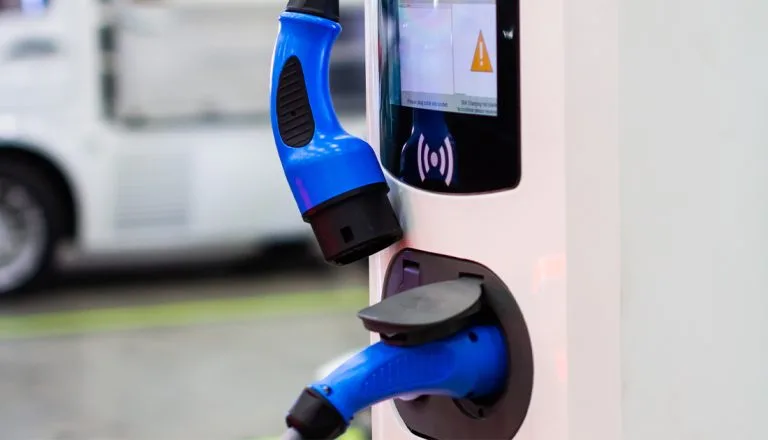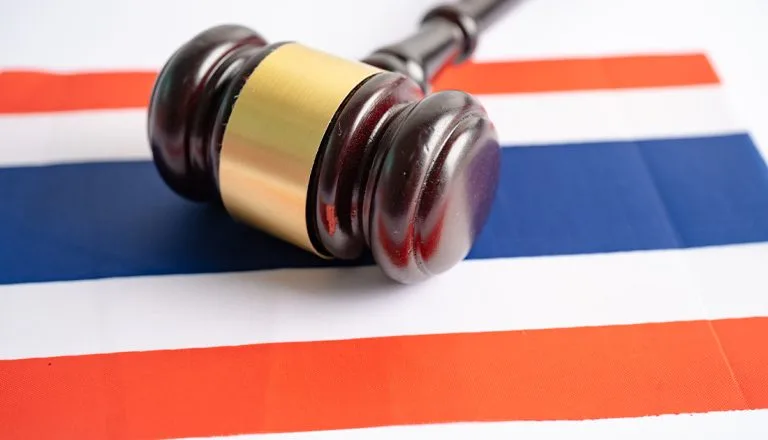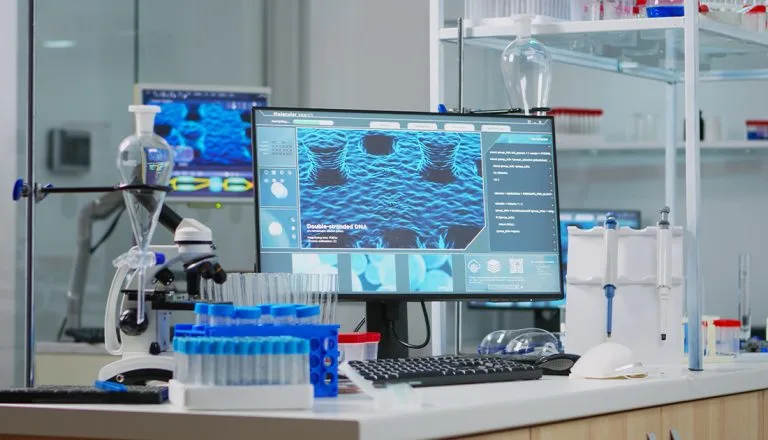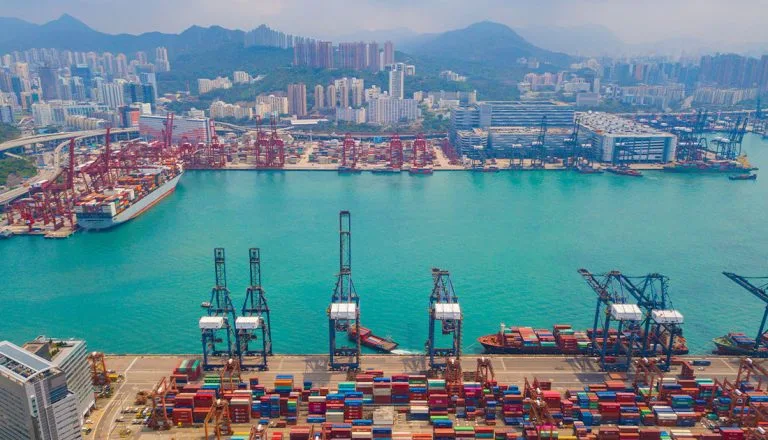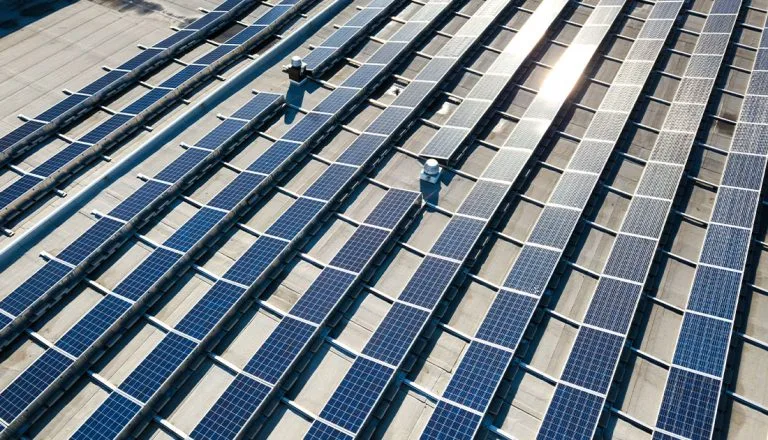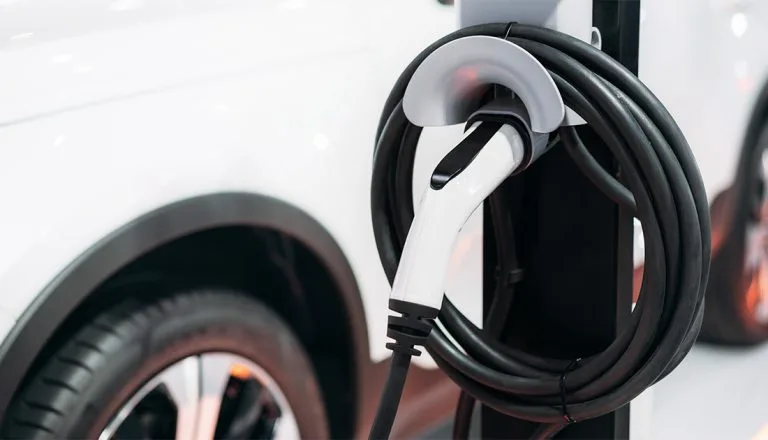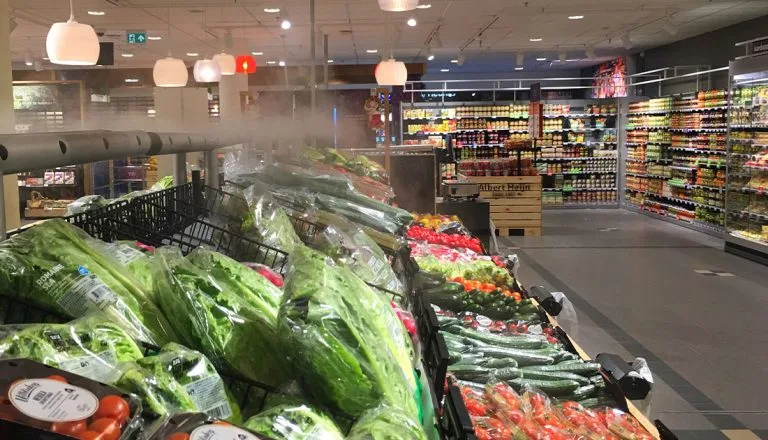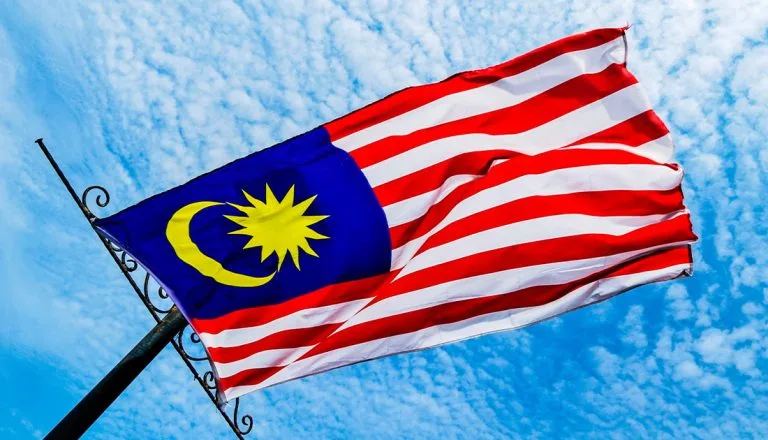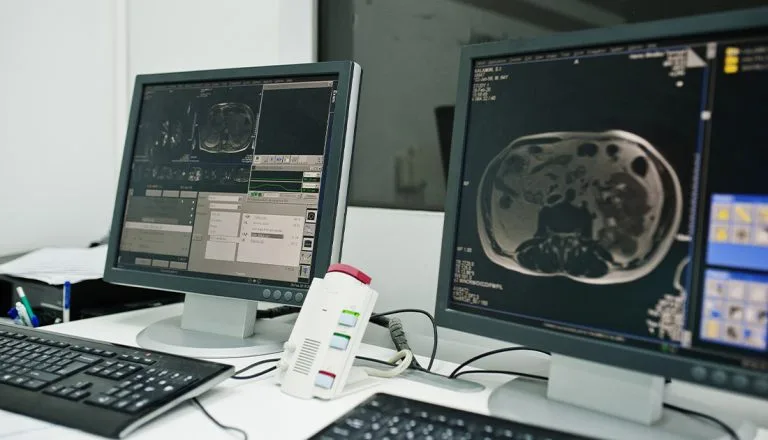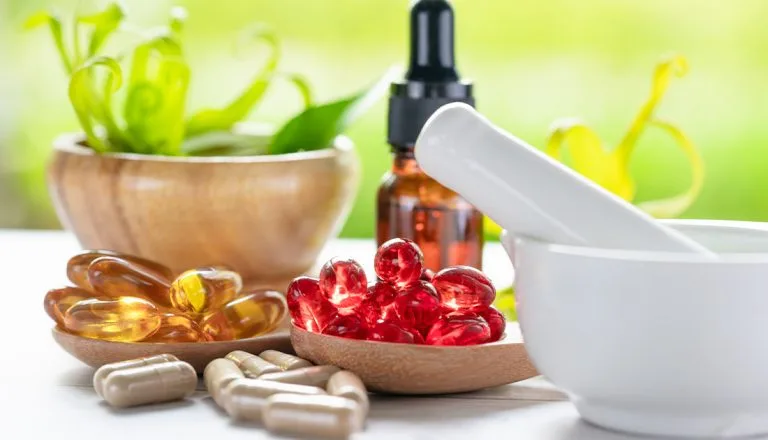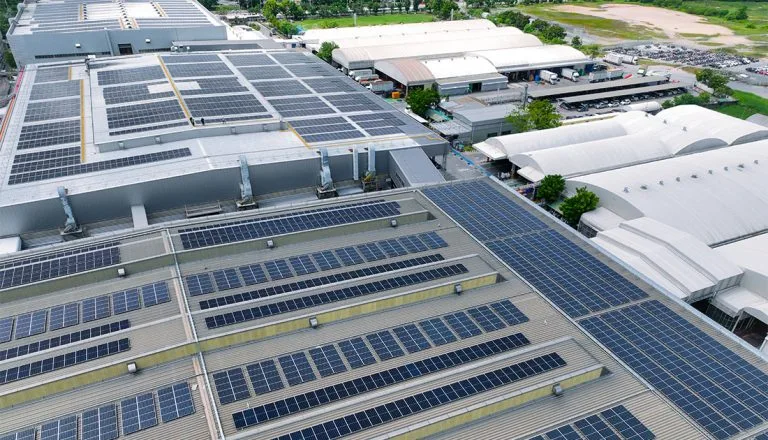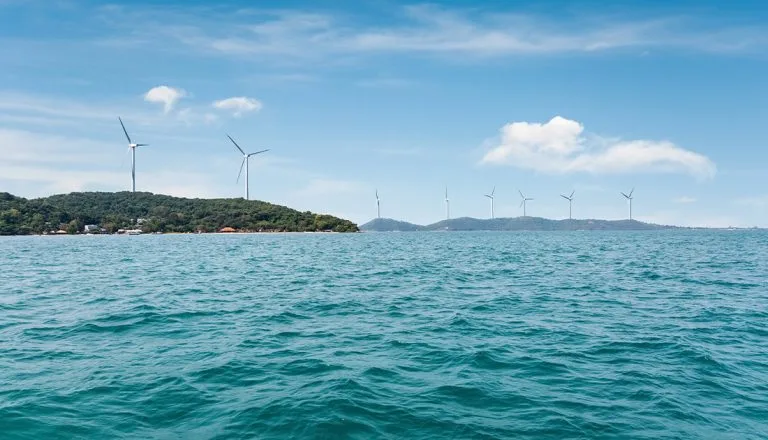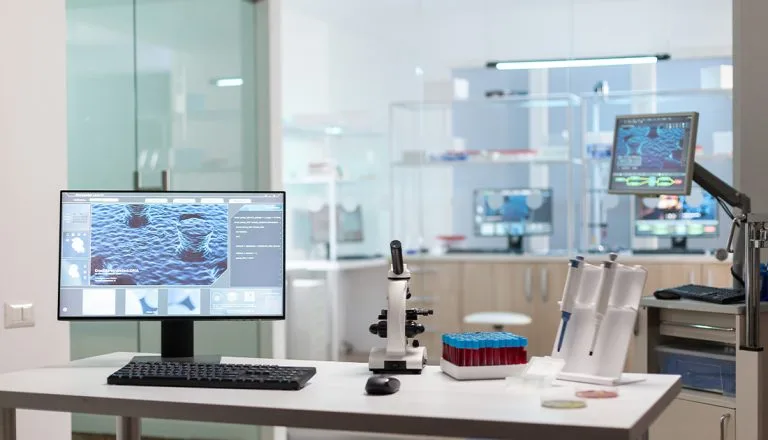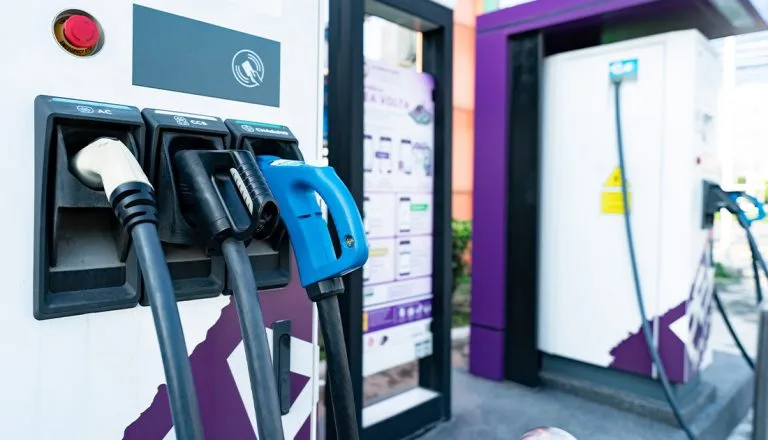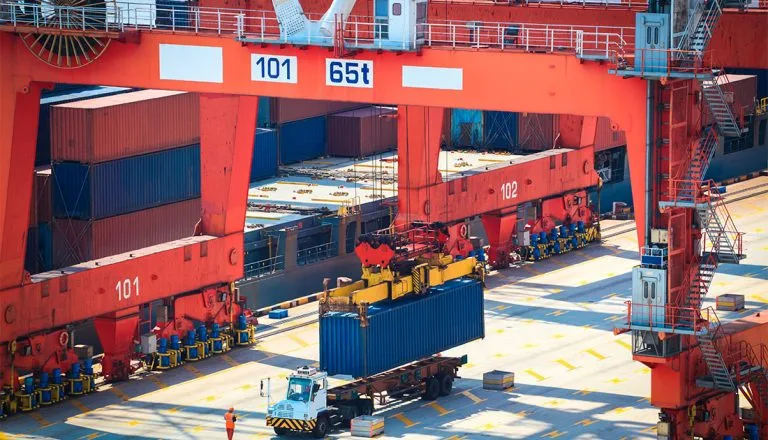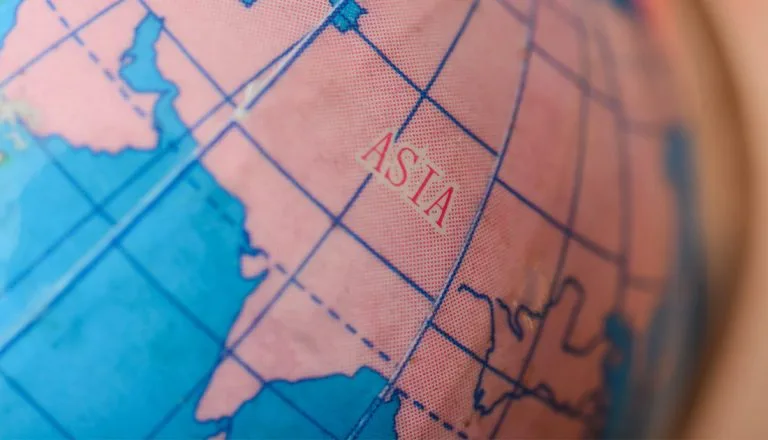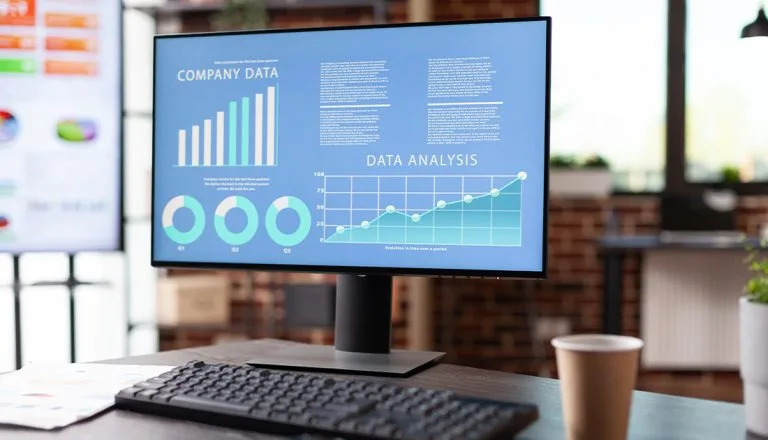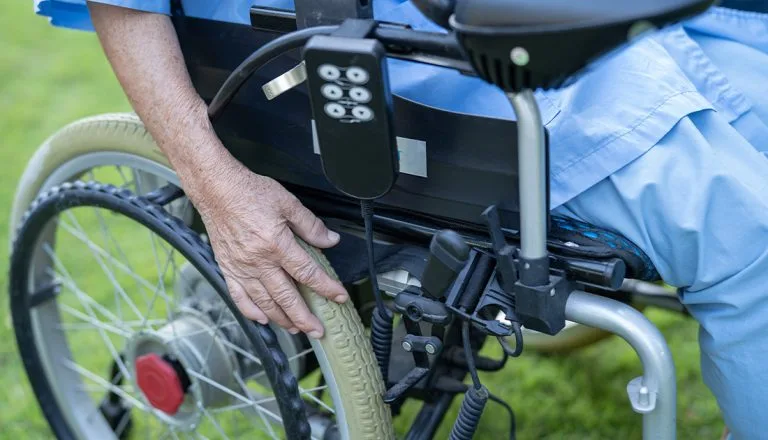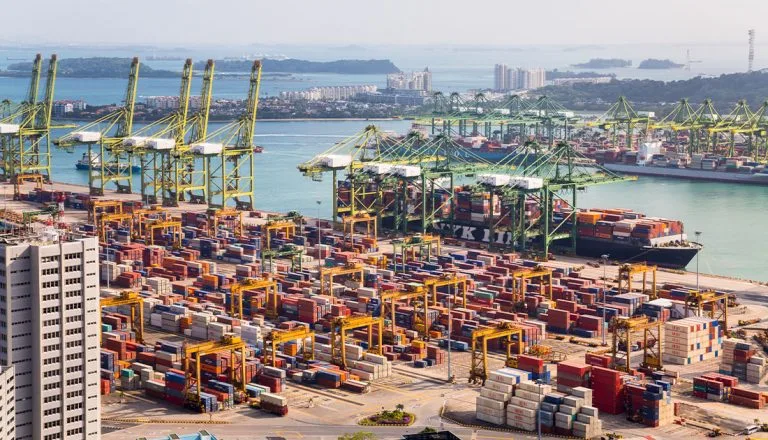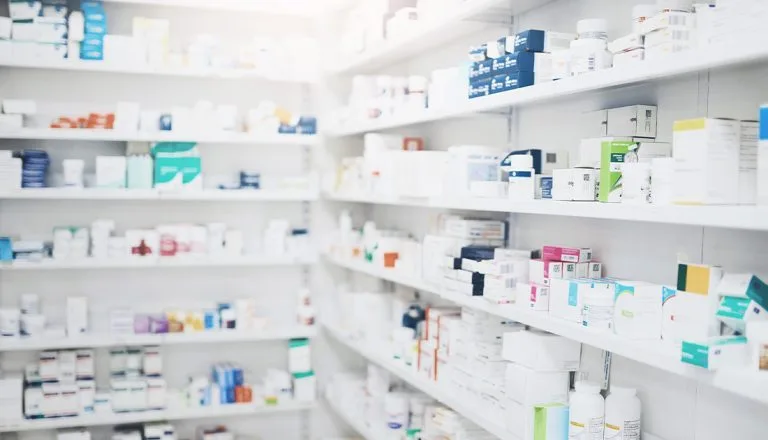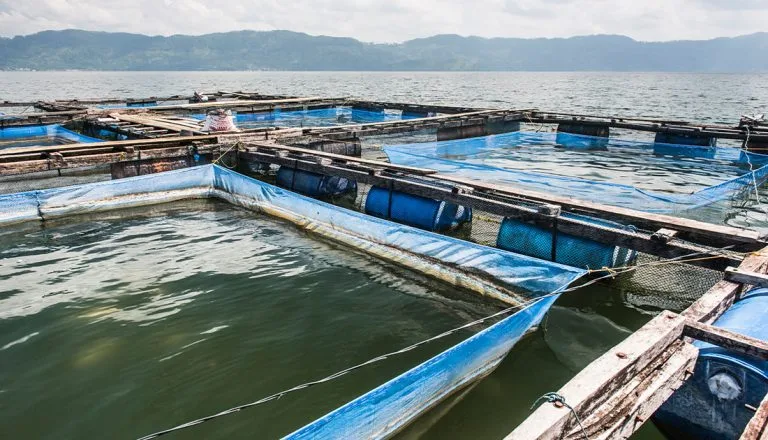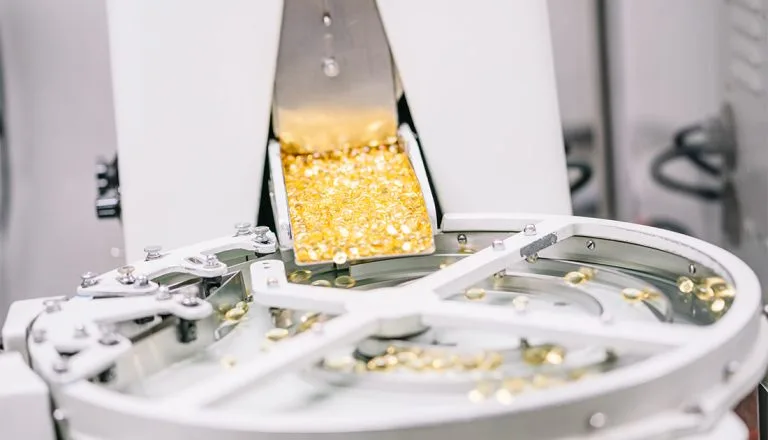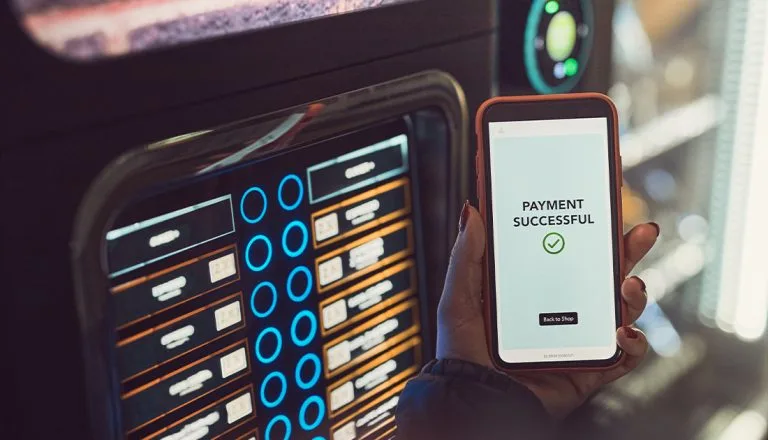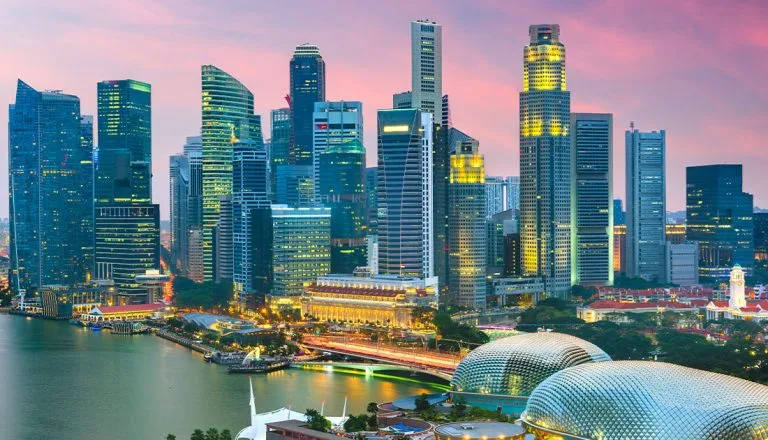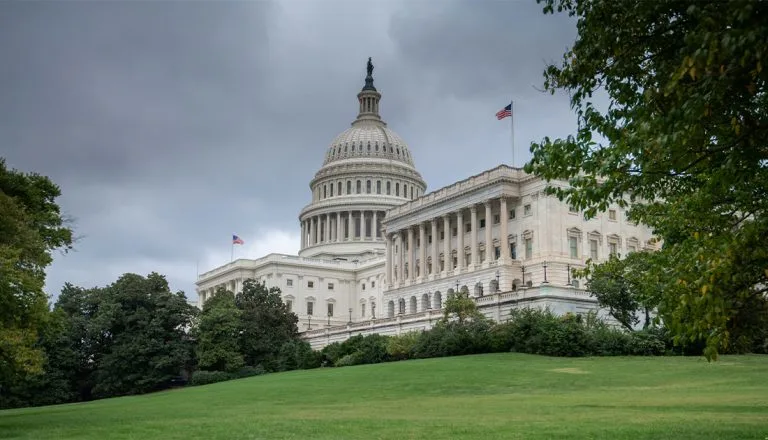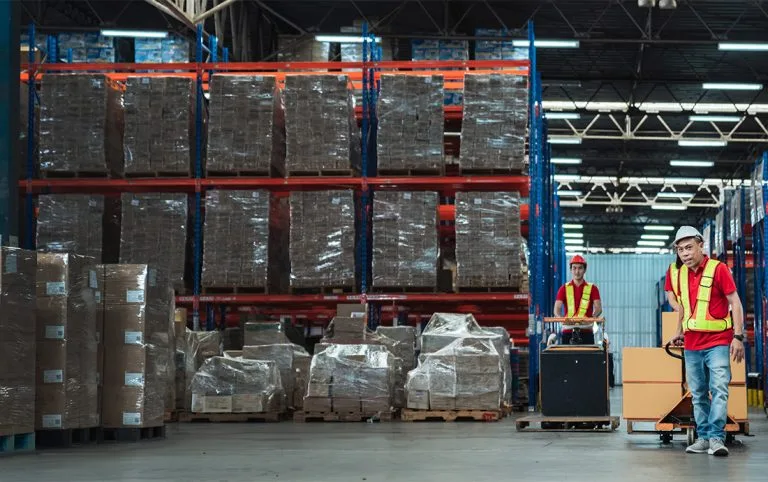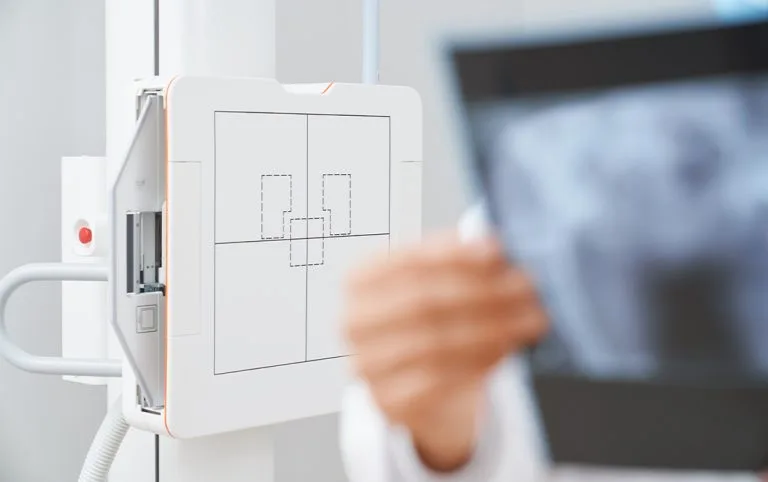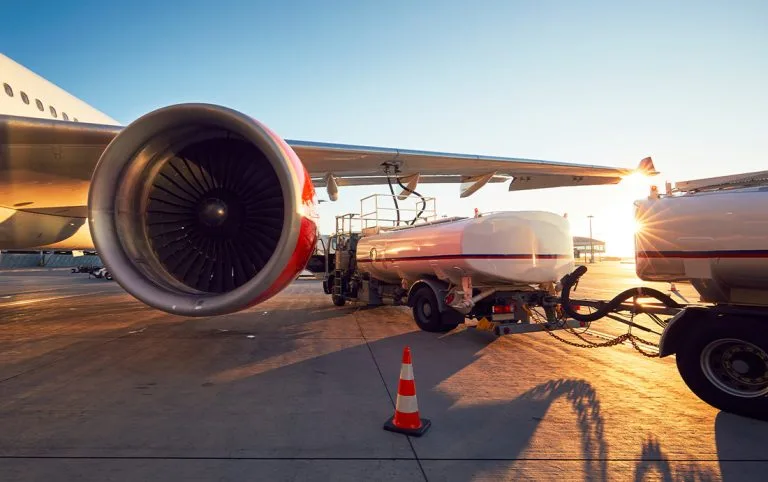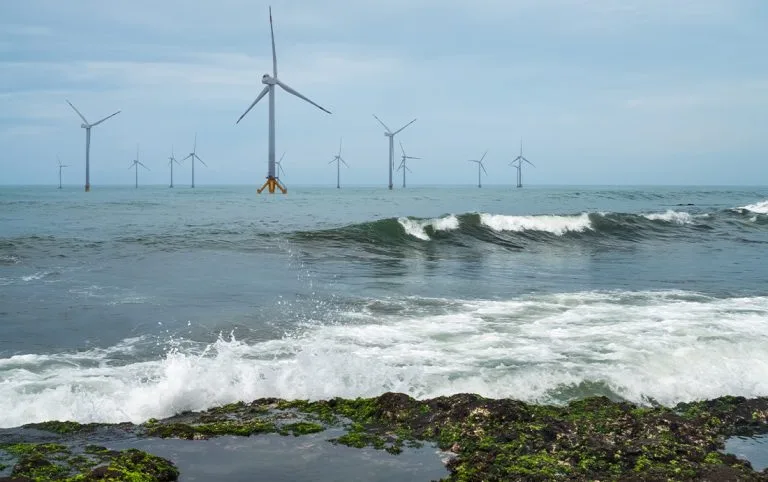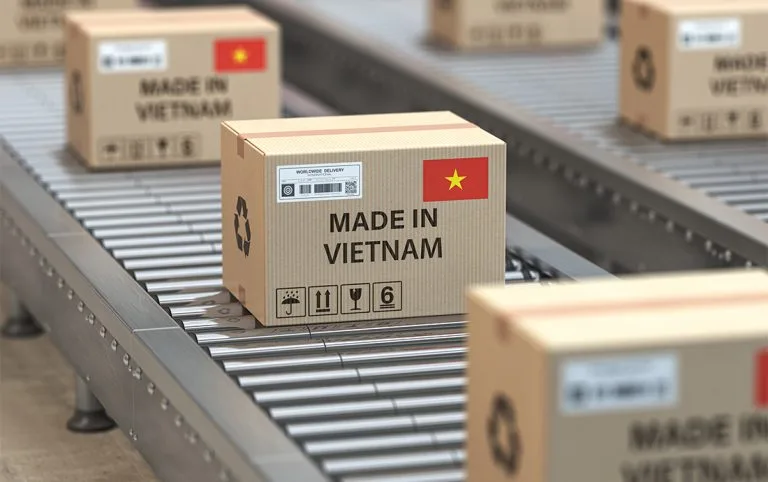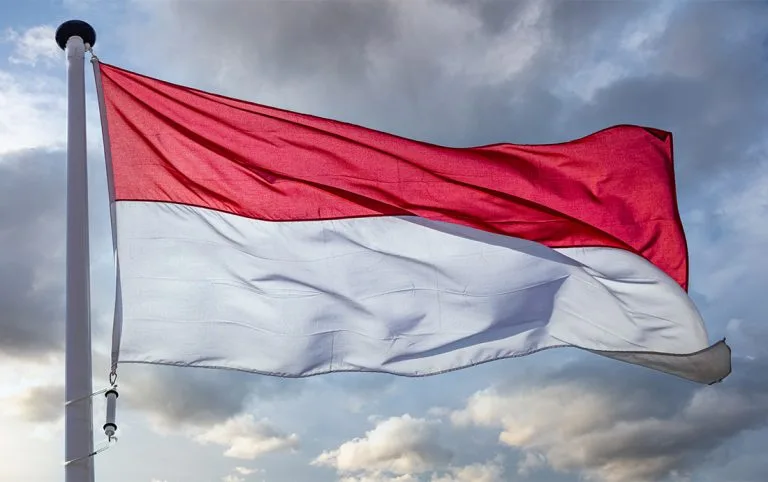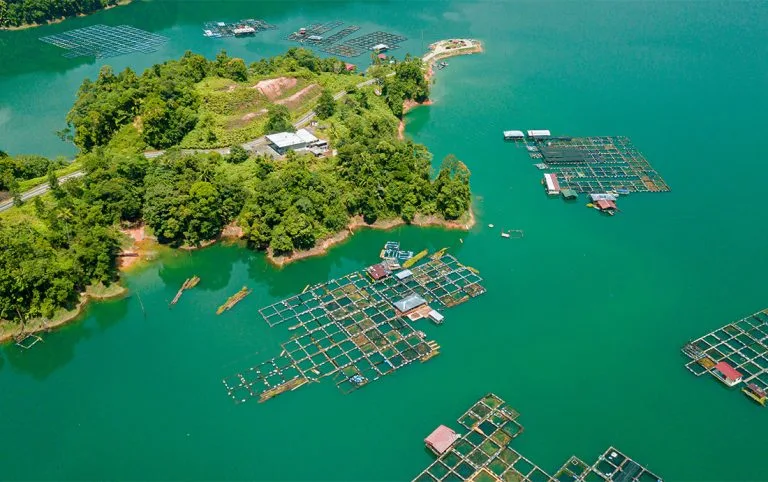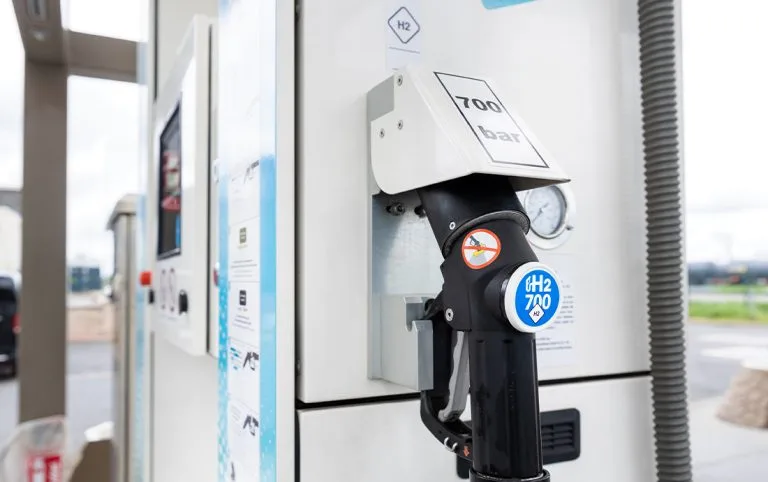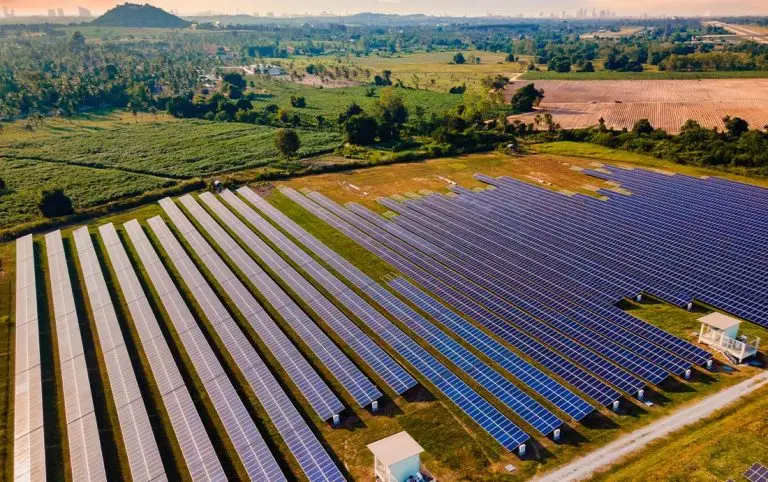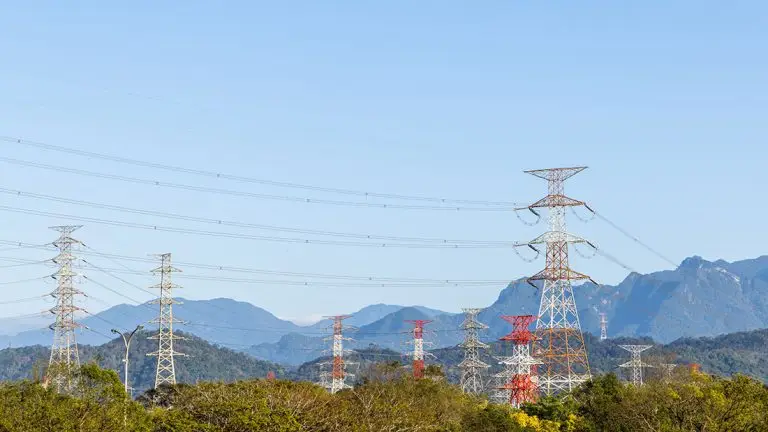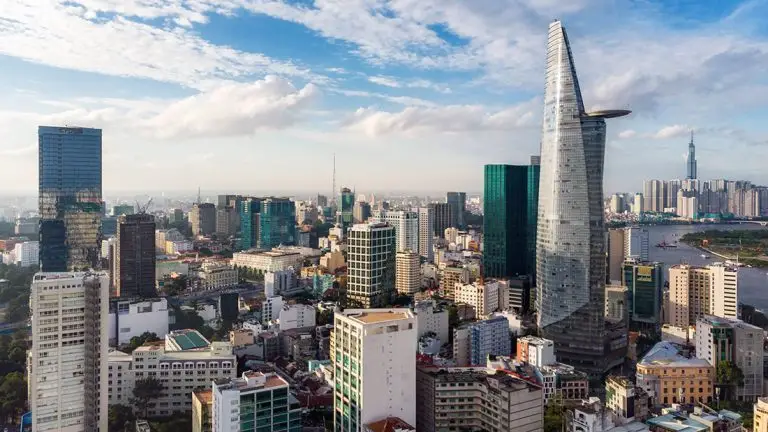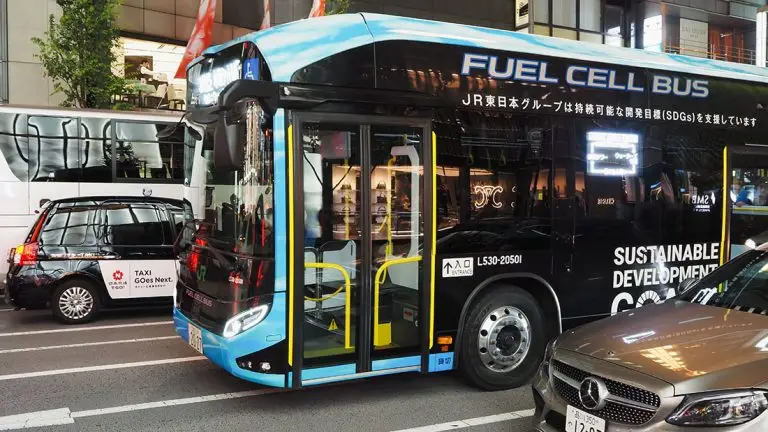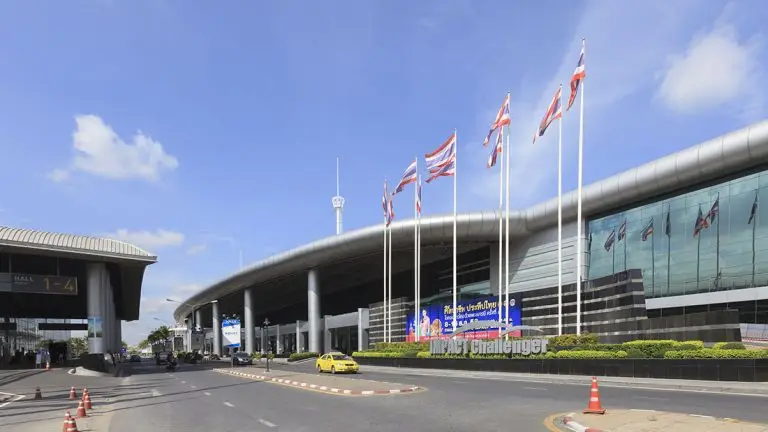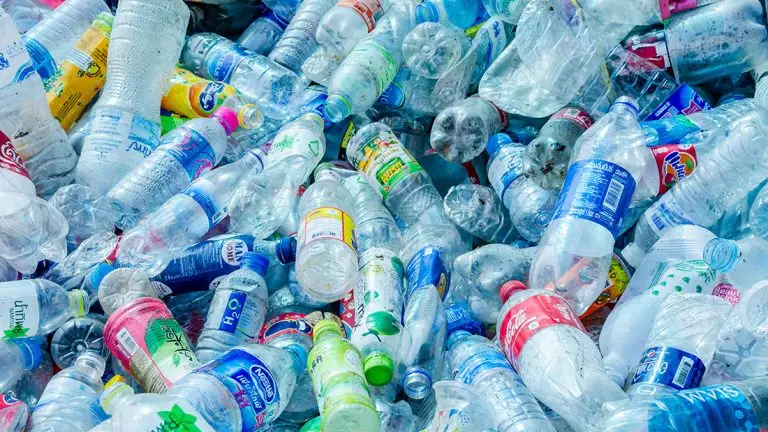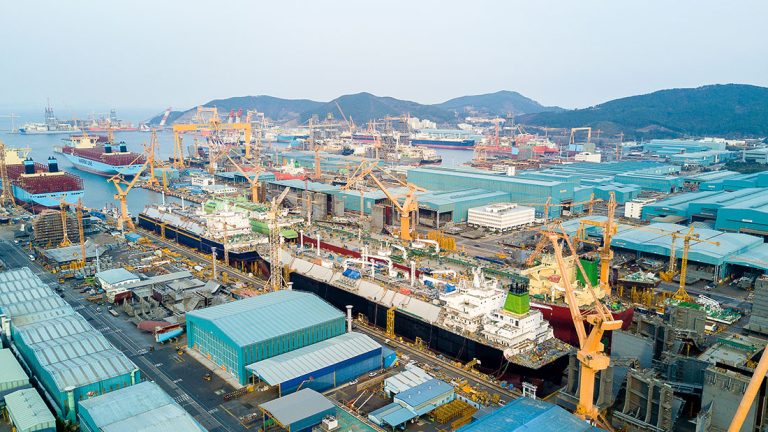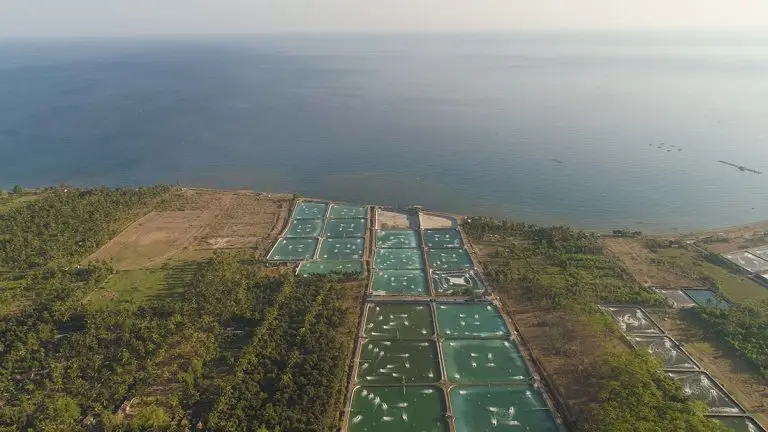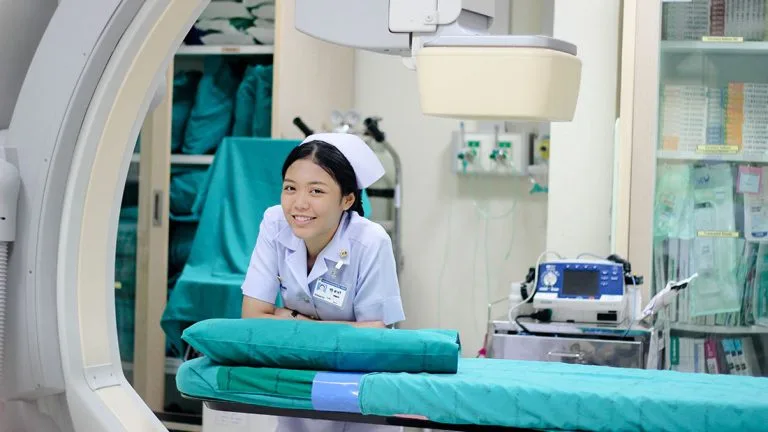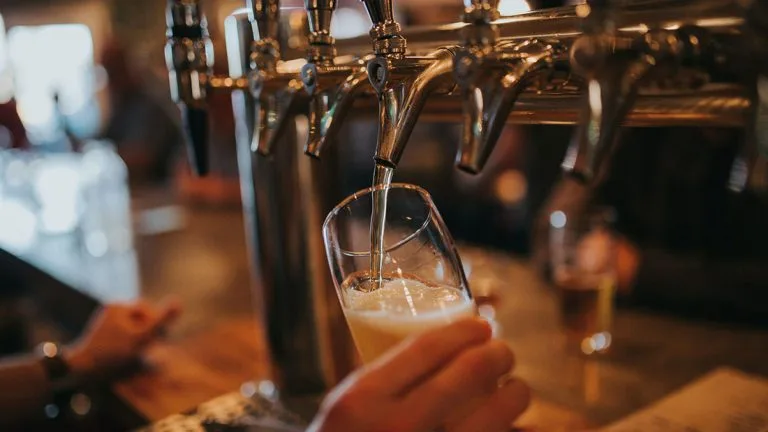- The Indonesian supplements market could surpass USD4.7 billion in value by 2030
- A growing middle class boasting increased knowledge of health and wellness issues is driving demand for products
- The BPOM must approve all supplements before they can be sold in the country
A rapidly expanding middle class, accompanied by an increasing awareness of health and nutrition, is driving a surge in the Indonesian supplements market. However, a challenging regulatory landscape can create difficulties. Potentially lucrative opportunities are on offer to overseas companies, but they must be willing to navigate existing obstacles. Asian Insiders’ Partner in Indonesia, Primadi Soerjosoemanto, offers an analysis of the current situation.
The Indonesian supplements market finds itself in an interesting position. Demand for products is increasing, but consumers are seeking more options. This led to an influx of unregistered products hitting the market in 2023.
According to the Badan Pengawas Obat dan Makanan (BPOM), which serves as the country’s national agency of drug and food control, more than 20,000 websites were found selling what were, in essence, illegal supplements. The news serves as both a reminder of the sector’s immense potential and challenges to entering the market.
The BPOM signs off on which products can be sold in the country and receiving this approval can be a time-consuming and resource-intensive process. To that end, fewer than 10,000 food supplements have been approved by the regulatory body in the past few years.
Work has since begun on enhancing credibility and stability in the industry. An example of this is the Memorandum of Understanding signed between Singapore’s Duke-NUS Medical School and the Indonesian Food and Drug Authority that will focus on skills development and capacity enhancement as well as foster the development of medicines, biological products, traditional medicines, health supplements and cosmetics.
There is a notable upside to putting in time and investment as well as developing partnerships. The Indonesian supplement market reached a total value of more than USD3.2 billion last year. If current projections of a 6.4 percent compound annual growth rate hold, this would surpass USD4.7 billion by 2030.
Current in-demand supplement types include:
- Vitamins
- Dietary products
- Herbal products
- Fish Oil & Omega Fatty Acid
- Proteins
These come in various forms, including tablets, gummies, powders, liquids and capsules, among others. Reasons for usage range from general wellbeing and preventative health to sports nutrition and beauty.
Overseas players with local manufacturing capabilities include GlaxoSmithKline and Nestle which are active in several other segments. Australia’s Blackmores entered Indonesia almost a decade ago through a joint venture partnership with Kalbe Farma.
Malaysia’s OB Holdings announced it was entering the Indonesian market in 2024. The company cited the country’s market size and the fact that its supplements were already being indirectly exported to Indonesia via third-party brand customers as reasons for the investment.
Consumer overview
Growth across the Indonesian supplements market is driven by numerous factors. The largest is an increased interest in health and wellness. Simply put, more people now understand the benefits of taking these products.
This trend began during the pandemic, when the population sought supplements to help maintain good health. Since then, interest has grown among consumers, many of whom are adopting lifestyles focused on preventative options. Others are searching for products that can support wellness goals, such as muscle gain.
The government has launched initiatives and public health campaigns aimed at raising awareness of the benefits of a healthy lifestyle. The promotion of dietary supplements has been a significant component of certain campaigns.
Elsewhere, a greater understanding of diabetes, hypertension, obesity and other diseases related to individual lifestyle has led to an uptick in the popularity of dietary supplements. Additionally, Indonesia’s growing elderly population will lead to an increase in demand for specialised supplements to meet the unique needs of this group.
Much of the growth in supplement consumption would not have been realised without the simultaneous growth of the country’s middle class and an increase in disposable income. Research from the World Bank showed health expenditure per capita in Indonesia rose by nearly 150 percent between 2021 and 2023.
In recent years, the middle class has grown to 20 percent of Indonesia’s population, and the country has set a target for this number to reach 80 percent by 2045. Demand for supplements will increase further, assuming progress is made on these goals.
The impact this would have is interesting. While the value of the Indonesian supplement market is the largest in ASEAN, per capita spend on products is still relatively low at less than USD8. In Vietnam, this figure is USD10 and in Malaysia it sits at USD31.
One reason this total could increase in the future is that consumers are shifting from taking vitamins and supplements as a reactionary measure to feeling unwell to focusing on their preventative benefits. As mentioned previously, this is tied to ongoing education efforts and the rising spending power of the middle class.
Indonesian supplements market challenges
There are obstacles those considering market entrance should be aware of. Indonesia does have a few regulatory issues, with the most prominent for overseas organisations being product registration and labelling requirements.
BPOM approves ingredients, manufacturing practices, labelling and advertising of products. Navigating this process can be complex, requiring both time and resources. In addition to obtaining consent for entrance, post-market monitoring of safety and quality standards is also required.
Another potential obstacle comes in the form of uneven consumer education. More awareness campaigns are required even as knowledge in the country increases. It will take time for countrywide demand to develop. Demand is currently strongest in Jakarta, Bandung and Surabaya.
The continued presence of counterfeit and unregistered products has raised concerns among consumers. With the government continuing to crack down on illegal supplements, the public is increasingly looking for assurances over what they are buying.
Sustainability is becoming an area of greater importance in the country. Everything from sustainably sourced ingredients to environmentally friendly packaging is expected by consumers. There is a strong tradition with herbal medicines, and that, along with greater awareness of sustainability, could lead to a further rise in plant-based supplements. Companies must be able to show their credentials in these areas.
Finally, the marketing of goods is evolving rapidly in Indonesia. Foreign businesses entering the market must be prepared to embrace e-commerce and social media to reach consumers or find partners who understand current trends. A multi-channel approach, encompassing both a physical presence in stores and online reach, is essential.
Final thoughts
There are numerous opportunities in the Indonesian supplements market, and foreign companies can access these with the right approach. There are a few different mechanisms that make this possible, and it is essential to understand the benefits and risks of each one.
Similarly, the challenges that accompany market entrance, such as obtaining BPOM approval, necessitate a patient approach. Having a local partner to guide you through the process is strongly advised, given the complexities of the Indonesian market.
Local insights and support can be an invaluable resource. Asian Insiders has assisted businesses in the supplement sector navigate these challenges and successfully enter the market.
Want to know more about opportunities in the Indonesian supplements market? Please get in touch with Primadi Soerjosoemanto, Indonesia Partner: primadi.ws(at)asianinsiders.com or Jari Hietala, Managing Partner: jari.hietala(at)asianinsiders.com.

